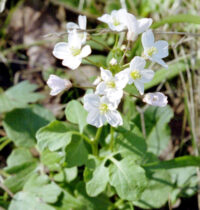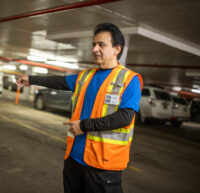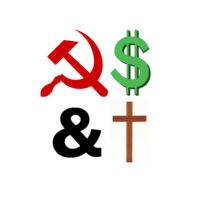For Rev. Nancy Taylor, pastor of Sonoma’s First Congregational Church, Monday afternoon marked not only a legal milestone, but an anniversary.
“My partner and I were married in Massachusetts in 2004,” she said, “and when the State of California decision takes effect, it will finally recognize our legal marriage.”
Legally, the marriage will not change much in their lives in California. Together since 1982, the couple first exchanged vows in 1985 in a state park on the California side of Lake Tahoe. Since then, they’ve registered as domestic partners, and Taylor said that while domestic partnership laws are designed to mirror the rights of marriage, should one or the other have an accident or become ill in another state, they would have no recognition or rights as partners.
“The states may recognize same-sex marriage,” she said, “but that does not apply on the federal level. The vast majority of the legal protections in the U.S. are still denied.”
This denial conflicts with the compassion she preaches and extends to others. “As a minister, what we all need to know most is that the greatest gift we have been given is the ability to love and to share our lives with one another,” she said. “That gift is not confined to any one particular group of people. It is not confined to heterosexuals.”
Her friend, Rev. Steve McCann, pastor of the Sonoma Seventh-day Adventist Church expressed conflict, concern and compassion, when considering the new legislation. “I was raised in a social climate where marriage was defined – by a dictionary even – as the legal union between a man and a woman. And that was kind of the social foundation and identity around which we understood family to be.” Now, there is a new definition, and with it a new set of rules and understandings. “We’re confronted with a legal redefining of family, without there ever having been a social redefining of family. So when I hear the discussion in terms of the legal right, there being a right to do that, that’s something I don’t appreciate,” said McCann.
However, he added, “We do have situations where two people really love. We don’t have a social construct in which they can express that.”
Rabbi Jack Gabriel, of Sonoma’s Congregation Shir Shalom, paints a more complicated picture still. “My sense is that marriage in and of itself, is very difficult,” he said, admitting that he, himself, had been divorced. “ Adding an interfaith mixture to a same-sex marriage, in addition to the public ambivalence about the status of the same-sex couple makes the long-term life of the same-sex couple difficult.” In typical rabbinical style, he illustrated his point with a story:
“I was once confronted by the father of a young Jewish woman whom I was about to do a wedding for, and he says to me, in front of the daughter and all the guests, ‘Rabbi, how can you possibly do this?’ And I said to him, ‘Don’t you think your daughter is worthy of having a sacred union?’ He said, ‘What you do mean?’ And I said, ‘If I don’t do the ceremony, your daughter is not going to stop being gay. And may be nobody else will do it. So do you think your daughter is not worthy of a sacred ceremony?’ And he cried and after that was totally supportive.”
Unions unite, divide
More from NewsMore posts in News »




